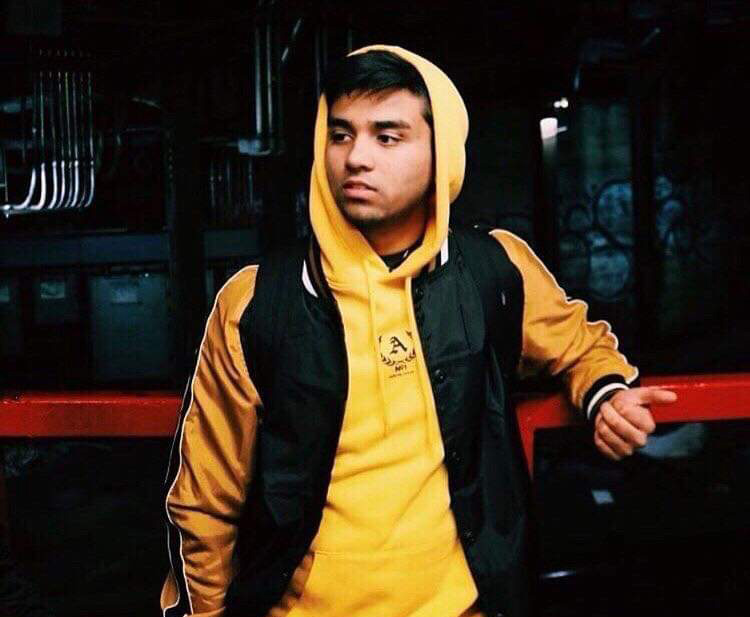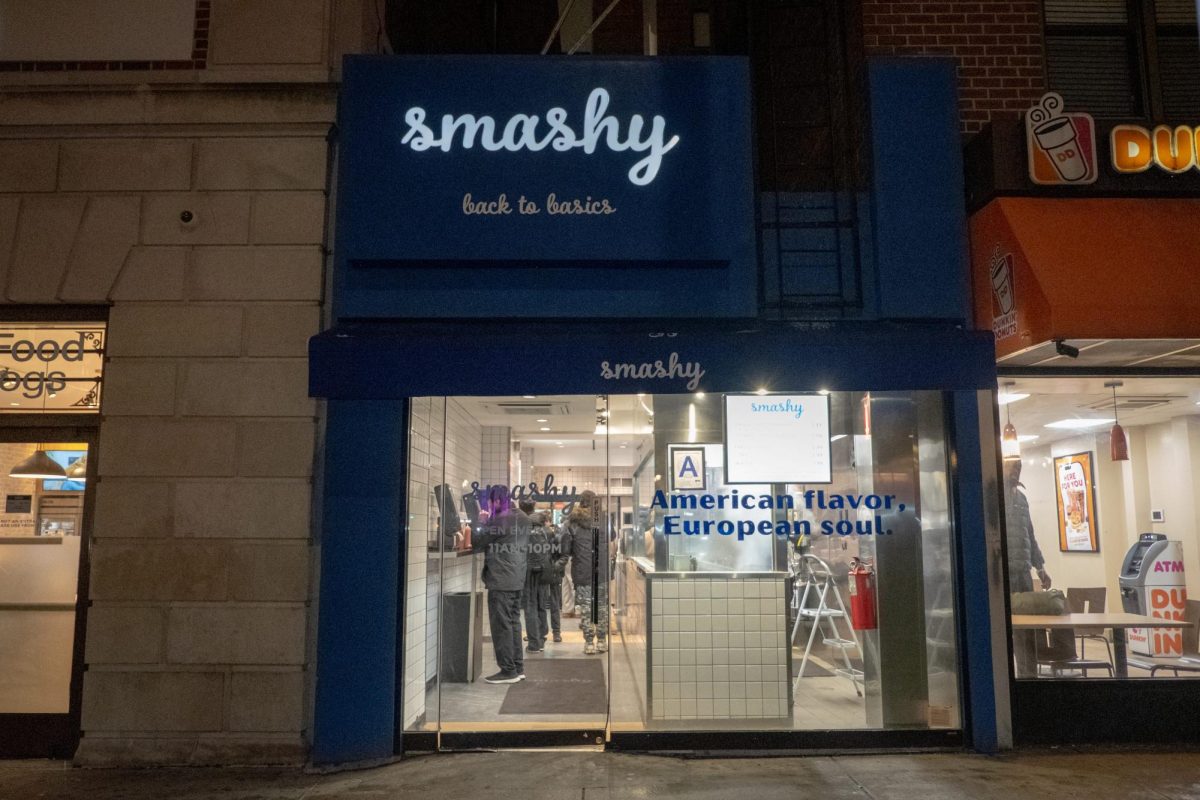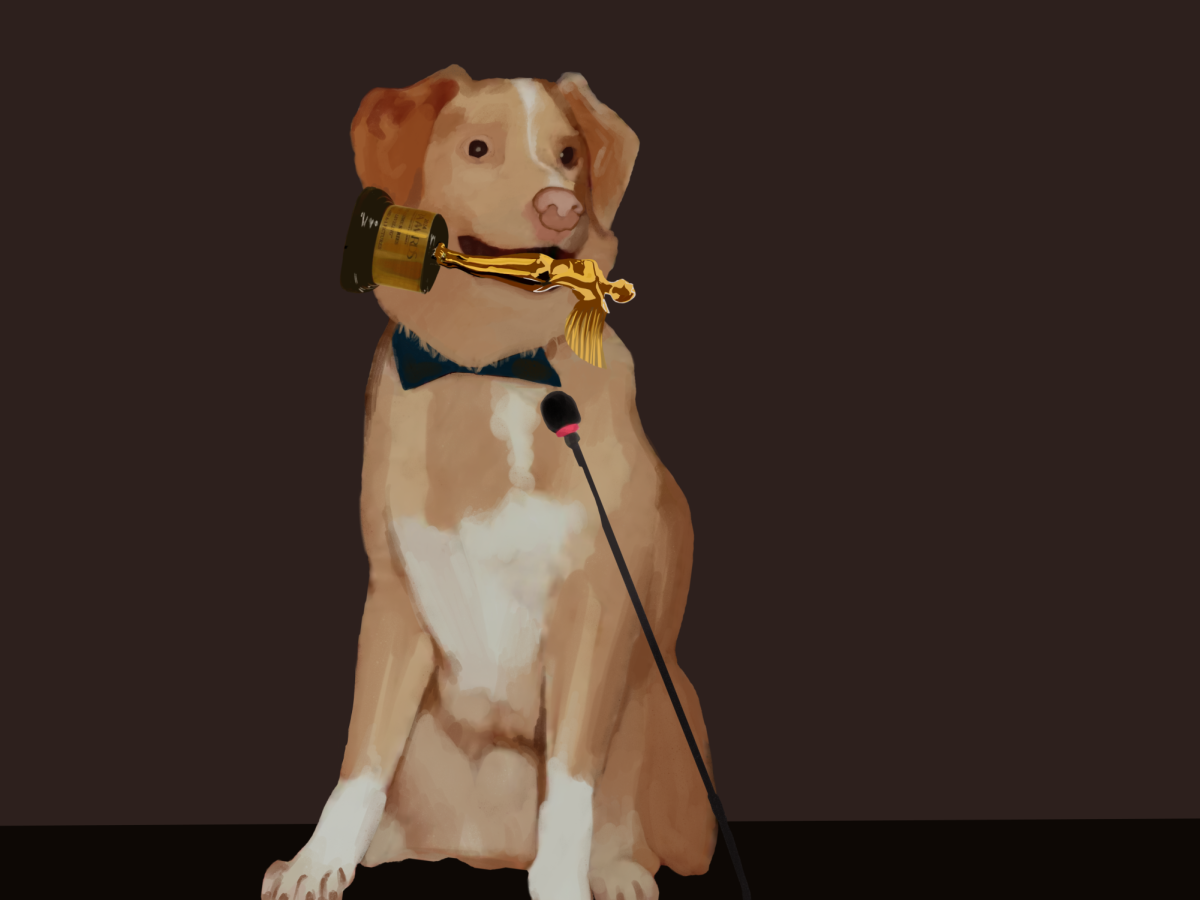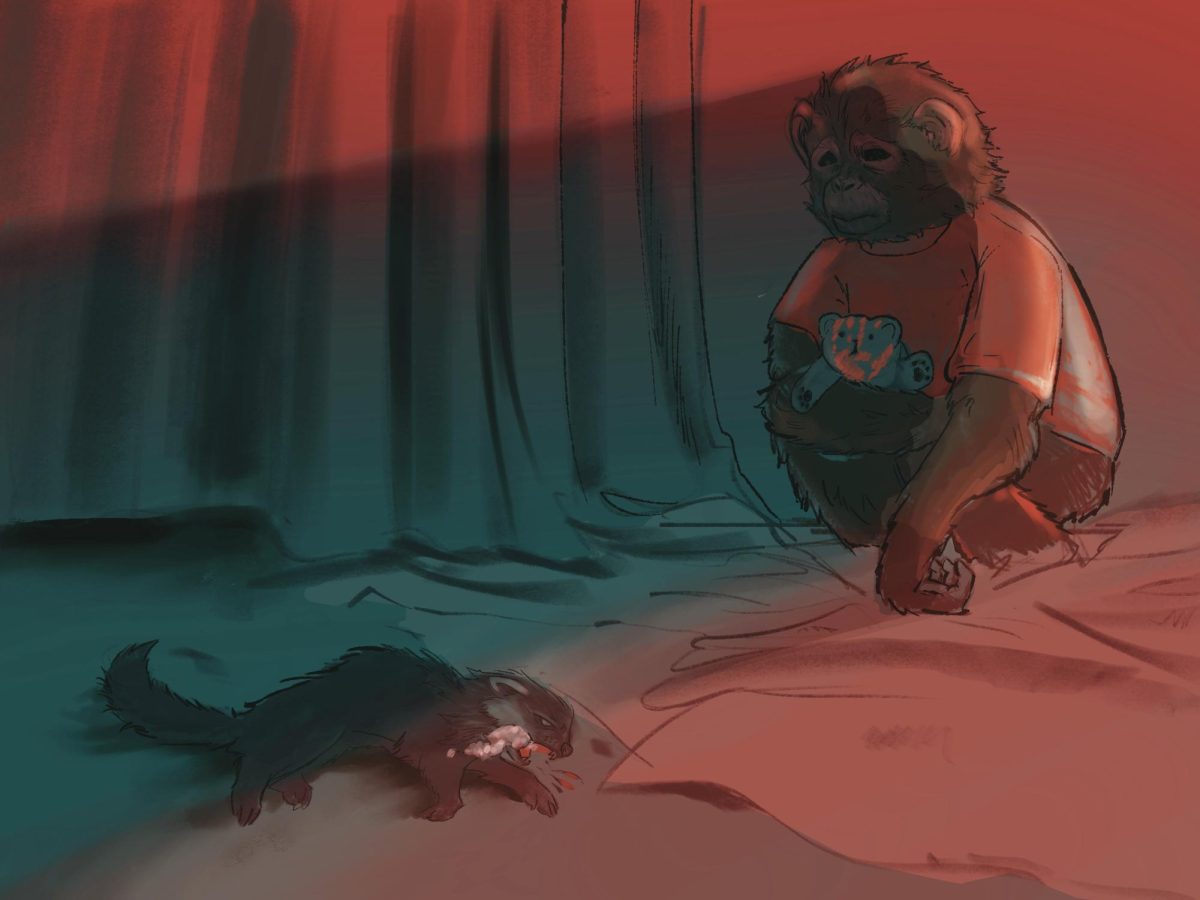His verses burst with energy and vibrant beats that contrasts the popularity of mumble rap.
His poetic landscape is filled with lyrics and production aimed to cutting to the soul — Rafeed Hossain provides a new touch to the rap genre.
He remembers the sound of piano keys gracing his youth — his favorite memory is him as a young child hearing the noise of a piano.
“I remember that moment, because I wasn’t making any sensical music or anything or playing around, I just remember making those sounds and it was the coolest thing in the world,” he said.
No one knew that the simple echo of keys could catapult Hossain into a passion for the arts. Known better as Grafic, Hossain captures his audience through his rapping and performing.
Hossain and his family grew up in Bangladesh and music runs in the family with his mom who was a famous musical artist in the country.
Hossain used his mom’s career as momentum to propel his own. He describes that her happiness showed a reflection of his own musical talent.
“I saw how much it made her happy and how much it made me happy and I related a lot of that to myself,” Hossain added.
Although his musical journey was almost innate, Hossain did not actually start pursuing a career in music until his senior year of high school.
His first song “No more,” was a team effort with hip-hop producer and family friend Sahil Kamal, better known as Drodgy. Hossain, a sophomore in high school, and Kamal, in eighth grade at the time, created Hossain’s first major hit.
When “No more” was dropped, Hossain remembered receiving hundreds of notifications on Snapchat highlighting his work.
When he looks back at this moment now, he realizes how much he has grown.
“I didn’t have a mic at the time,” He added in awe as he remembered.
“The journey of an artist is going through the ups and downs.”
Indeed, Hossain did not get to his now 20,000 streams on Spotify so easily.
During the early days of landing his first show, Hossain described the obstacles he faced during the process.
“I got hit up by this Instagram page that had a bunch of videos of rappers that hit me up saying there were openings for a bunch of rappers, I paid the money to perform and long story short, I lost the money because they turned out to be a scam,” he said.
But this didn’t stop him in his tracks.
“Just because I can’t perform a show with these artists doesn’t mean I can’t perform at all,” he added.
Since then, Hossain’s first successful show was at BlackThorn51 at an artist showcase. He described, “any doubts that I had about me wanting to do this for the rest of my life [were] eradicated when I played this show.”
The dual efforts of both Kamal and Hossain is one to applaud.
When describing the work toward his first song, Hossain noted that the videos of artists making music in the studio, rapping and recording whatever it is different whenever you yourself get to feel like that and that it’s a feeling that cannot be compared.”
Hossain referred to Baruch artist Joshua Castillo, better known as rapper and songwriter CAST, as a source of inspiration for a creative mindset.
Little does Hossain know that others also view his feats and works as fuel for their creative aspirations.
“Raf had a fundamental role in the growth of my musical abilities. When I started learning how to produce years ago I would show him my beats and he’d give feedback. Around two years ago when he started to record music more seriously I spent months learning how to mix vocals in FL Studio,” Kamal stated.
“The mixes started out sounding pretty awful but it was him pushing me to always learn more that made my skills improve. His work ethic is crazy, if we’re together and have a couple hours to kill we can make a bunch of music,” continued Kamal.
Hossain’s latest single, “Cross the line,” demonstrates relatable teenage struggle, one verse stating “Nowadays when I’m with you it’s like I sold my soul,” then contradicting with “But if I lose you, I’m so lost.”
“At the core, you’re doing something that not all people have the guts to do,” Hossain said.








